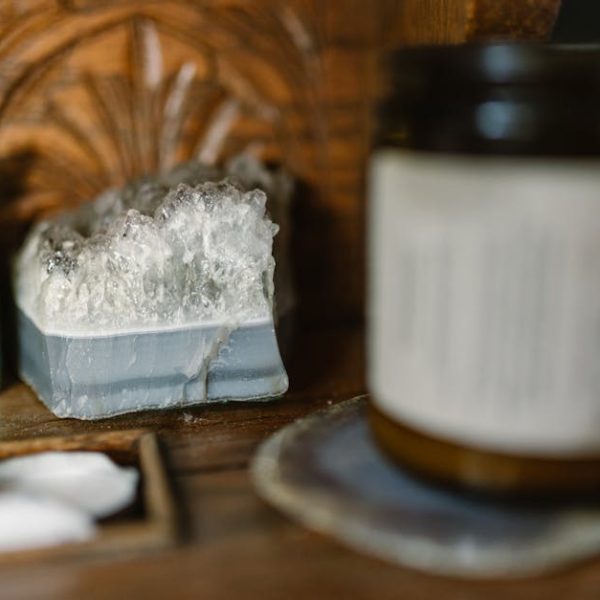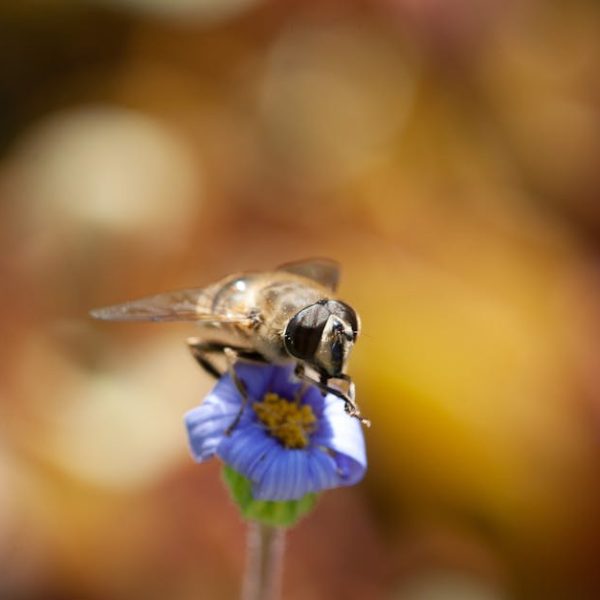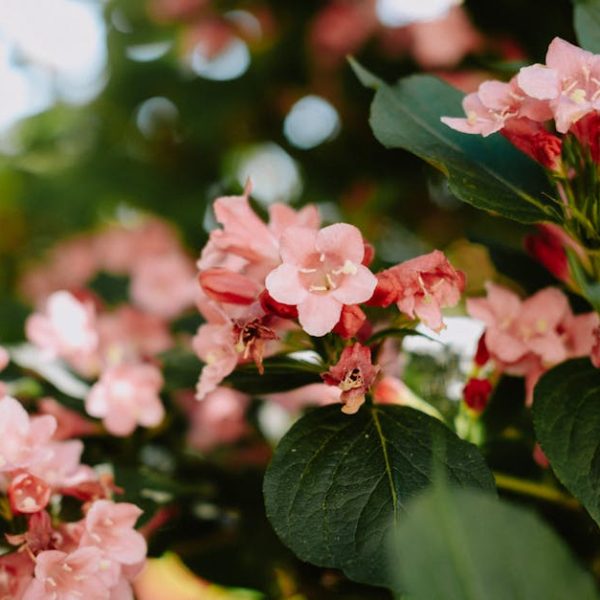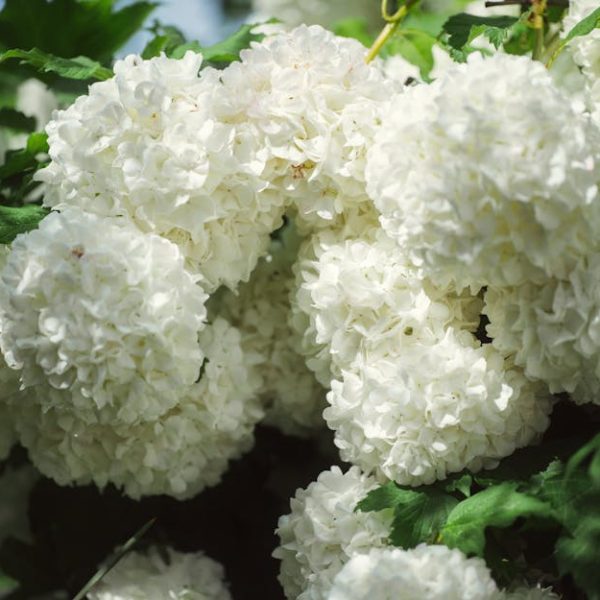Imagine unlocking all the nutrients stored in organic manure and delivering them straight to the roots of your dear plants – and no, we’re not talking about the direct use of manure itself, but something even more effective. Welcome to the world of Manure Tea, a potent organic fertilizer you can brew right in your backyard.
Understanding the Importance of Organic Fertilizers
In modern gardening, organic fertilizers hold a critical role as they nurture soil health, boost plant growth, and safeguard the environment. Unlike artificial or inorganic fertilizers, these organic solutions showcase nature’s profound ability to recycle and rejuvenate. They draw from naturally composted organic materials like manures, plant matter, and food scraps, harboring a wealth of essential nutrients for plants.
Here are a few aspects that set organic fertilizers like manure tea apart from artificial fertilizers:
- **Nutrient Density.** Organic fertilizers typically pack an array of macro and micro-nutrients, offering wholesome nutrition to your plants.
- **Soil Health.** They enhance the soil’s organic matter, improve its structure, and foster beneficial microbial activity, making it more fertile and robust.
- **Environmental Safety.** Organic fertilizers degrade gradually, releasing nutrients slowly and avoiding nutrient runoff that can harm water bodies.
Selecting the Right Manure for Making Tea
The choice of manure significantly influences the nutrient profile of your manure tea. While cow, chicken, and rabbit manures are some commonly used options, your selection should align with your plant’s specific nutritional needs.
For instance, notice these key characteristics:
- **Chicken Manure:** High in nitrogen, this manure is perfect for encouraging lush, green growth in leafy plants.
- **Cow Manure:** Balanced in nutrients, these are excellent for most garden plants.
- **Rabbit Manure:** Rich in phosphorus, it’s great for promoting flower and fruit development.
Pro Tip: Always use well-rotted and composted manure to reduce the risk of pathogens.
Preparation of Manure for Brewing Process
Once you’ve allocated the fitting manure, the journey to brewing the perfect manure tea begins. Proper handling, sterilization, and storage of manure is not only crucial for a potent brew but also ensures your safety.
Here’s a checklist to help you prepare:
- **Handling:** Use gloves while handling manure to avoid any direct contact.
- **Sterilization:** Opt for well-composted and aged manure, which naturally undergoes a sterilization process eliminating potential pathogens.
- **Storage:** Store your manure supplies in a cool, dry place, away from direct sunlight and moisture.
Success in brewing manure tea requires not only the right ingredients but also the right technique. In the next section, we delve into the step-by-step brewing process.
Step-by-Step Guide to Brewing Manure Tea
Brewing manure tea is more of an art than a science. With the correct steps and a little patience, you can create a nutrient-dense liquid gold for your plants. Follow the guide below:
- **Soaking:** Place the manure in a burlap sack or an old pillowcase and submerge it in a large bucket of water. The ratio should be about 5 parts water to 1 part manure.
- **Brewing:** Let the mixture steep for about 1-2 weeks. During this ‘brewing’ phase, ensure the mixture is stirred daily to aerate and mix the manure thoroughly into the water.
- **Straining:** After the brewing period, remove the sack of manure, allowing any excess liquid to drain back into your tea.
- **Application:** The tea is ready to use. Dilute the tea with equal parts clean water before applying it to your plants.
Pro Tip: The proper brewing time and manure-to-water ratio depend on the manure type. Experiment and observe your plants’ responses to different brew strengths.
Proper Application and Storage of Manure Tea
The way you apply and store your manure tea matters. Here are some tips to ensure your plants get the most out of your homemade fertilizer:
**Application**
- **Frequency:** Use the diluted tea weekly for outdoor plants, bi-weekly for indoor plants.
- **Amount:** A little goes a long way! Lightly drench the soil around the plant but avoid soaking the plant itself.
- **Timing:** The best time to apply is early morning or late evening when the sun is least intense.
**Storage**
- Store the remaining tea in a cool, dark place.
- Note that the tea can lose its potency over time, so it’s best to brew on demand.
- Always smell your stored manure tea before use. If it smells rotten or sour, it’s best to discard it and brew a fresh batch.
Pro Tip: When applying, focus on the soil rather than the plant. This ensures the nutrients reach the roots – where they are needed the most.
Remember, home-brewed manure tea is a real treat for your plants, offering rich, organic nutrients quickly and naturally for their growth. So why not go ahead and brew your own cuppa? It’s ‘tea-time’ for your garden!
Key Takeaway:
- Organic fertilizers like manure tea provide comprehensive plant nutrition, support soil health, and promote environmental safety compared to their artificial counterparts.
- The choice of manure (chicken, cow, rabbit) for brewing manure tea significantly impacts the nutrient profile of the brew, enabling specific growth of plant parts such as leaves, flowers, and fruits.
- Careful handling, sterilization, and storage of manure are essential for a potent, safe manure tea.
- Successful brewing of manure tea requires a structured process of soaking, brewing, straining, and proper application.
- Proper application and storage of manure tea boost the benefit derived from the organic fertilizer.
Remember, the art of brewing your own organic fertilizer can be mastered with practice, patience, and diligence. Happy gardening!
FAQs
Q: Can I use fresh manure to prepare manure tea?
A: Fresh manure should be composted and aged before use to ensure harmful pathogens are eliminated, and a more nutrient-rich profile is achieved.
Q: Can manure tea harm my plants if not diluted correctly?
A: Yes, if too concentrated, manure tea can burn the roots of your plants. It’s always safe to start with a diluted mixture and adjust based on your plant’s response.
Q: What is the shelf-life of brewed manure tea?
A: While there’s no specific expiry date, manure tea can lose its potency over time. It’s best to use it within a week of brewing and always smell it before use to ensure it hasn’t gone rotten.
Q: Can I substitute manure tea for watering?
A: While manure tea provides valuable nutrients, it doesn’t replace the necessity for regular water. Always maintain a balanced watering schedule in addition to fertilizing with manure tea.
Q: Can I use manure tea on all types of plants?
A: Yes, manure tea is generally safe for all types of plants. Examine the specific nutrient needs of your plants and choose the appropriate manure type accordingly.
Please feel free to share the article with others who might be interested. Visit our website for more expert gardening tips and advice.






